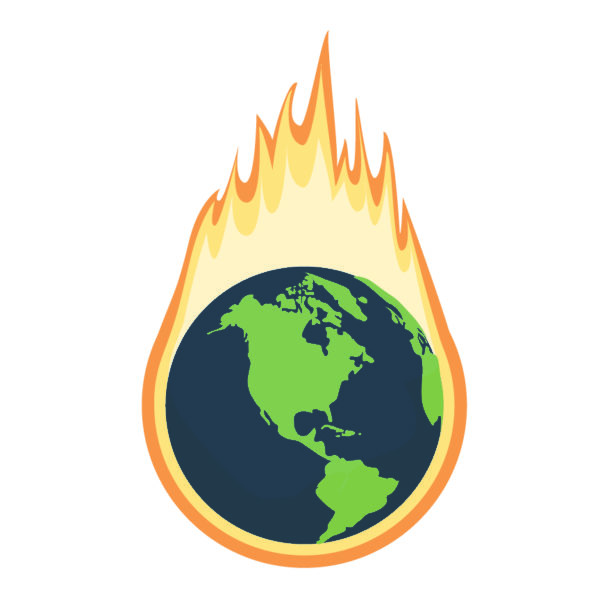
Louisiana experienced the largest wildfires in the state’s history this summer, burning over 53,000 acres in August alone. Around 550 wildfires swept through the state’s southwestern region in one month.
On Aug. 8, New Orleans Mayor LaToya Cantrell signed a Mayoral Proclamation of Emergency for the upcoming peak hurricane season and the record-breaking heat wave. On Aug. 7, the state issued a statewide burn ban due to extremely dry conditions. This mandate ordered a cease and desist for all private burning in the state.
Harley Jeanise is the regional vice president at First Onsite Property Restoration, a disaster recovery and restoration company. Jeanise covers Louisiana, Texas, Oklahoma and Arkansas.
“I think the significance [of the wildfires] is there’s a lot of unpredictability in it,” Jeanise said. “And when we have jobs like this, the Gulf Coast is not just a threat for hurricane-related weather, but when we get these heavy droughts, and we get into really dry parts of the season, there’s opportunity for something like this to pop up.”
Peak hurricane season in Louisiana runs from mid-August through October. This season in Louisiana is unusual, with a combination of drought, wildfires and what forecasters predicted as an “above-average hurricane season.”
“From what I’ve read, this is the most significant wildfire in Louisiana’s history,” Jeanise said. “I think the residents aren’t quite as prepared, especially during this time of season where we’re expecting hurricane season; for [wildfires] to come in on the heels of hurricane season is definitely unusual. Although there’s been a lot of value and effort to shrink it, to get it out, [wildfires] just continue to spread.”
Aug. 27 was the hottest day ever in Southeast Louisiana, with a temperature of 105. This July was the hottest month on record for the entire planet.
“Basically, the water is on fire,” Laura McKinney, director of environmental studies and sociology professor, said. “That should be concerning to anyone. The excessive heat that we’ve had since June, in terms of severity and duration, is simply unprecedented. I think this year has really been emblematic of meetings and tipping points, where the consequences of climate change grew exponentially rather than in a linear or additive fashion.”
Sociology and environmental studies professor Christopher Oliver discussed the recent drought and climate changes with his students.
“We’re getting record heat in urban areas, which is a combination of what’s happening with solar radiation, but also the fact that we’re heat islands,” Oliver said. “All these things aren’t unrelated. They’re all within the broader models of climate change; as things begin to heat up, even by small incremental changes, it doesn’t take much more time and impact.”
Oliver said responding to environmental issues like the drought and wildfires takes both quick response from leaders in the short term, as well as a long-term plan to combat climate change.
“It’s going to take much more political will to mitigate climate change,” Oliver said. “I think that until everyone, politicians and the public, can put all the puzzle pieces together and see that this is part of a broader thing … then we’re going to be caught off guard.”



Leave a Comment